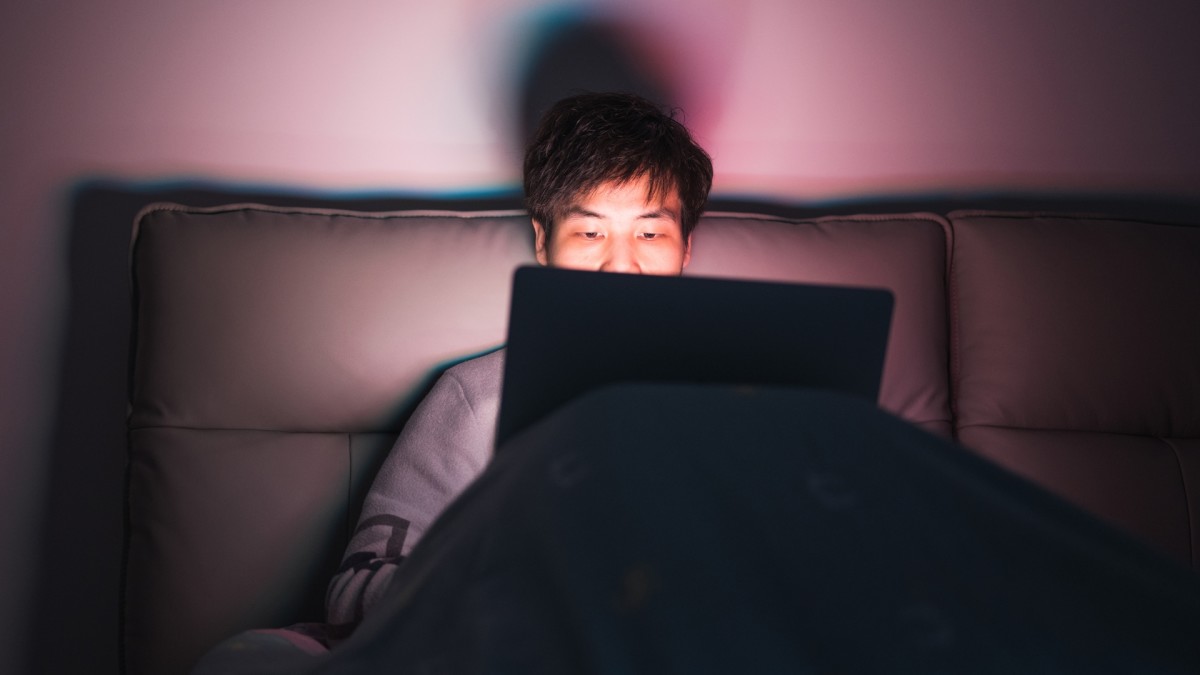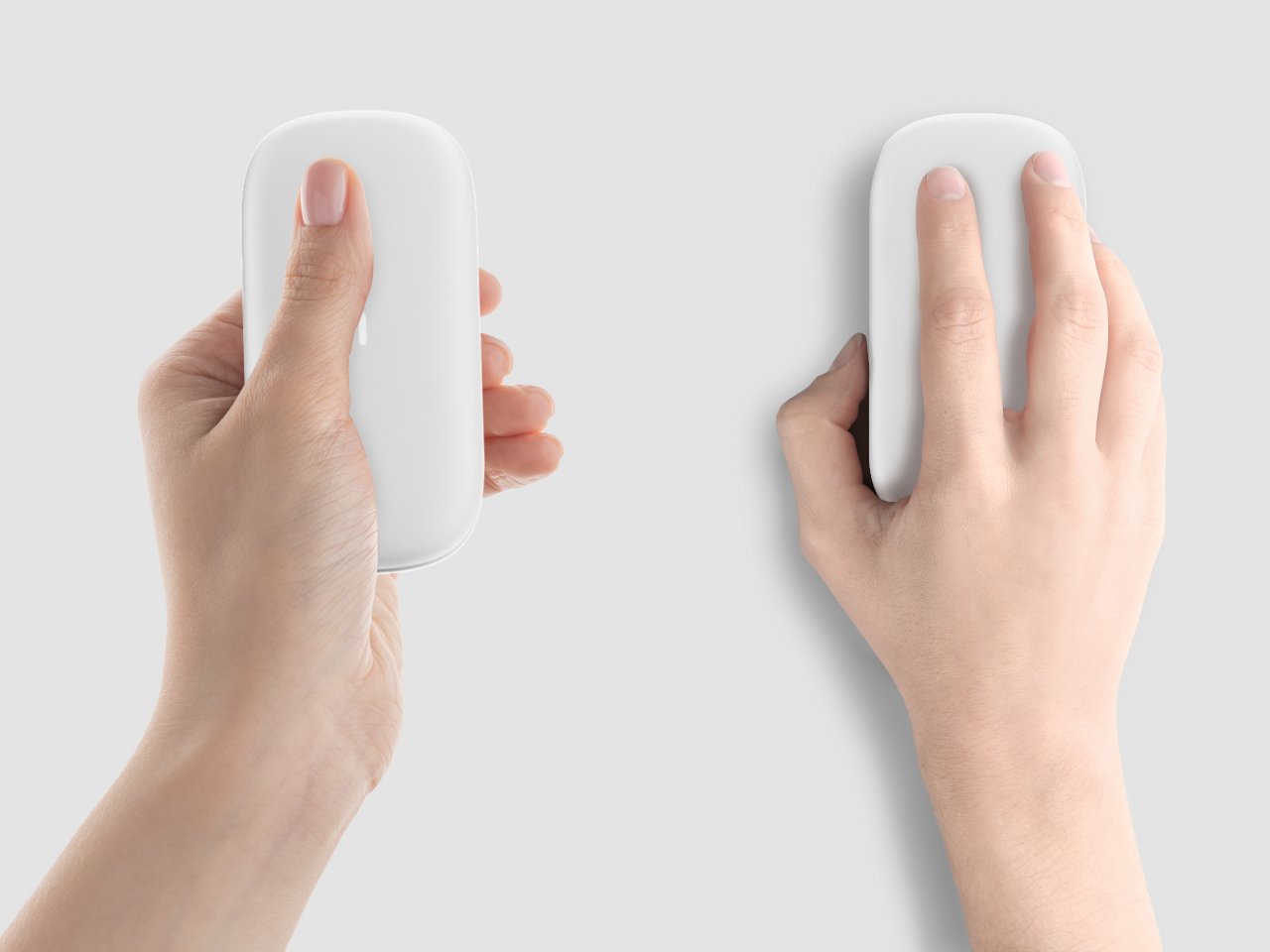This Common Habit Could Be Increasing Your Risk of Depression
Hint: It has everything to do with your sleep.

Sticking to a consistent bedtime isn't always easy. Nights out with friends and binge-worthy TV shows are incredibly tempting, and usually worth losing a little shuteye for, if we're being honest. But if you make a habit of staying up late, it could impact how you feel more than you might realize. New research suggests that regularly burning the midnight oil could wreak havoc on your mental health.
The study, from the University of Surrey, found that night owls, or “evening chronotypes,” tend to experience more depressive symptoms compared to early birds, also known as “morning chronotypes.”
“A late chronotype—also known as ‘eveningness’ or being a ‘night owl’—is a biological tendency to prefer to be active in the evening, and sleep and wake up later,” lead researcher and cognitive neuroscience lecturer Simon Evans, PhD, told BBC Science Focus. “Chronotype has a genetic basis, so being a night owl is a natural biological tendency.”
To collect their data, researchers invited 546 university students to complete a questionnaire. The questions covered everything from participants' alcohol use and sleep patterns to mindfulness and levels of anxiety and depression.
The study established that the individuals with later sleep habits not only got worse sleep but were also at higher risk of developing depression.
This isn’t the first time night owls have been linked to a higher risk of depression. A 2012 study led by a Johns Hopkins biologist found that staying up late could contribute to both depression and learning difficulties. Researchers discovered that exposure to bright light at night—whether from screens or artificial lighting—disrupts sleep and negatively impacts mental health.
"Basically, what we found is that chronic exposure to bright light—even the kind of light you experience in your own living room at home or in the workplace at night if you are a shift worker—elevates levels of a certain stress hormone in the body, which results in depression and lowers cognitive function," Samer Hattar, PhD, an investigator in the biology department at Johns Hopkins University, said in a statement.
If you want to mitigate the symptoms of depression, Evans suggests focusing on improving your sleep quality. This could include reducing light before bed, meditating, or sticking to the same sleep schedule every night.








































/https://tf-cmsv2-smithsonianmag-media.s3.amazonaws.com/filer_public/a6/73/a673143a-c068-4f51-a040-6d4f37d601c0/gettyimages-1124673966_web.jpg?#)







































